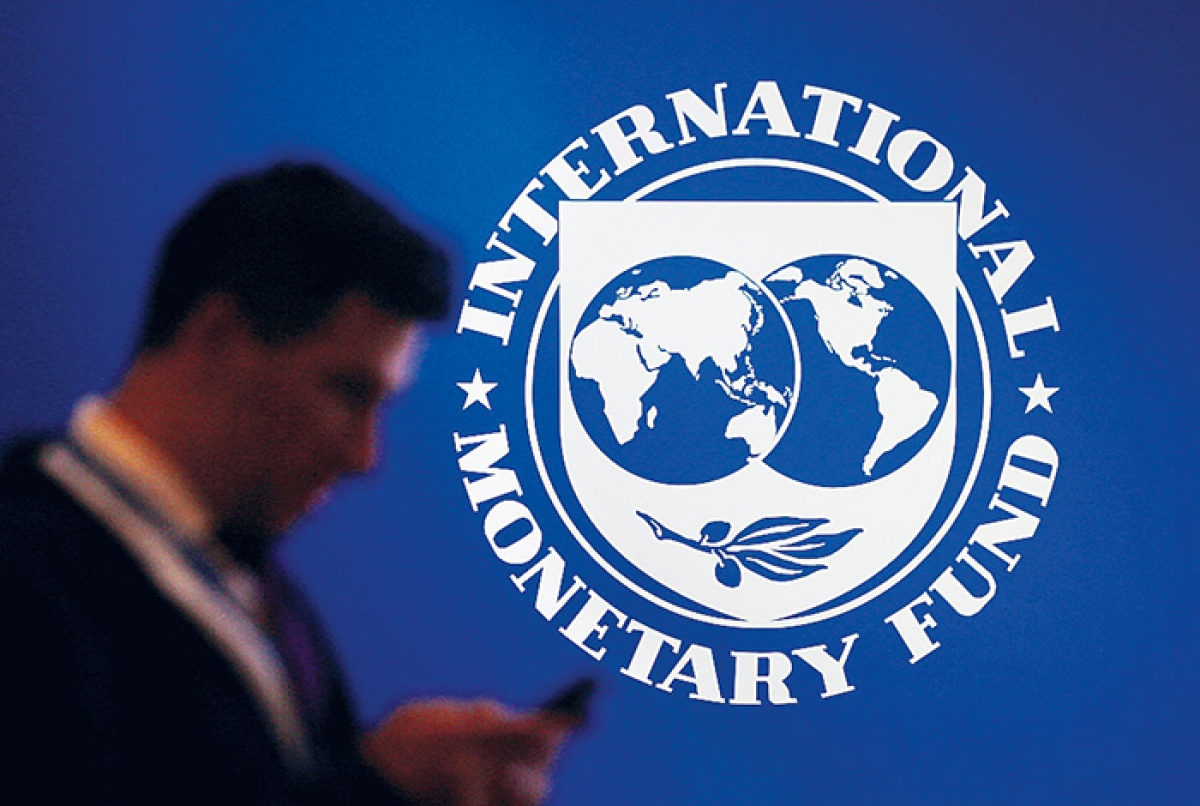The International Monetary Fund (IMF) has disbursed the second tranche of $337 million to Sri Lanka after successfully completing the first review of the nation's $2.9 billion, 48-month Extended Fund Facility (EFF) Arrangement. The completion of this review marks a crucial step forward in Sri Lanka's efforts to restore macroeconomic stability, address debt sustainability, and implement growth-oriented structural reforms.
The Executive Board of the IMF expressed satisfaction with Sri Lanka's commitment to macroeconomic policy reforms, citing signs of stabilization in the economy. According to Mr. Kenji Okamura, Deputy Managing Director, Sri Lanka has shown progress in areas such as rapid disinflation, fiscal adjustment based on significant revenue, and the accumulation of reserves.
While Sri Lanka's performance under the EFF-supported program has been generally satisfactory, there were some areas of concern. The country met most quantitative performance criteria for end-June, except for the one related to expenditure arrears. Additionally, while most structural benchmarks were either met or implemented with a delay by end-October 2023, there was a shortfall in tax revenues against the indicative target.
A notable achievement highlighted by the Deputy Managing Director is the publication of a Governance Diagnostic Report, the first of its kind in Asia and a structural benchmark under the program. This report aims to address deep-rooted corruption weaknesses in the country. The IMF emphasizes the importance of continued commitment to improving governance and timely implementation of the report's recommendations to bring tangible economic gains to citizens.
Sri Lanka's agreements-in-principle with the Official Creditors Committee and Export-Import Bank of China on debt treatments are viewed as a significant milestone towards putting the nation's debt on a sustainable path. However, the IMF emphasizes the importance of swiftly completing and signing Memoranda of Understanding with official creditors, along with reaching resolutions with external private creditors on comparable terms.
The IMF highlights key priorities for Sri Lanka, including advancing revenue mobilization, aligning energy pricing with costs, strengthening social safety nets, rebuilding external buffers, eradicating corruption, and enhancing governance. The emphasis on reinforcing revenue-based fiscal consolidation and safeguarding financial stability through measures such as bank recapitalization is crucial for a full and swift recovery.
The release of the second t










